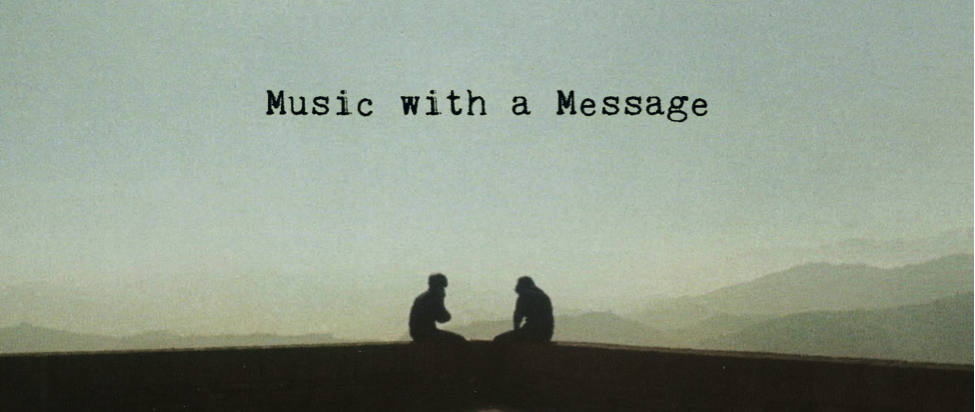[Original photo: Byluigi Ghirri, Urbino (1975)]
I’ve been thinking exhaustively about ‘purpose’ and ‘connection’ over the past few weeks. Benign, easy to contemplate, the topic of many a casual conversation, right? WRONG. It’s malignant. I’m analyzing everything and it’s getting a tad out of control! So naturally, I’m going to indulge this train of thought by centering this month’s column on connection.
I’m your classic introvert; I like being alone, taking my time to recharge after a concert or a long day of classes. But over the years it seems I’ve convinced myself that the extensive time I spend alone is due to my inability to connect, or that I can somehow get through this life without burdening or relying on others. There’s a false convenience in non-reliance (until the defiance becomes overwhelming).
One of my favorite songs of all time is “I Get Along Without You Very Well (Except Sometimes)” originally composed in 1939 by bandleader Hoagy Carmichael (“Georgia on My Mind,” “Heart and Soul,” and “Stardust”) and inspired by a poem handed to him by a student from Indiana University written by an anonymous J.B. After Carmichael put out a plea for the author to step forward, poet Jane Brown Thompson was located. Unfortunately, she died the night before the song made its debut on national radio.
For me, this is one of the saddest songs I’ve ever had the pleasure of hearing. From the first line, it is clear Thompson is conveying the complete opposite of what she says. By the third line, “Except when soft rain falls…” the façade breaks and the truth makes itself known. She’s not trying to fool the reader or listener into thinking she really is fine; she’s trying to convince herself she’s fine by insisting upon it. How many of us can say we haven’t done the same? By telling myself over, and over, and over again that “I don’t need connection” or that “I’m not capable of it,” I’m falsely attempting to convince myself of this twisted truth. Simply put, humans do not live or function in isolation. The relationships we have with others (platonic, romantic, etc.) affect us greatly.
During a visit to Haverford College in 1950, philosopher Martin Buber said “that it was a great thing to transcend barriers and to meet another human being, but that meeting another across a barrier was not the greatest thing that a man (sic) could do for another. There was still something greater. The greatest thing, he continued, that any man could do for another man was to confirm the deepest thing he has in him.” When I talk about connection, I’m attempting to talk about this deepest thing within a person. As students, we engage with others all day in group discussions, by attending lectures, completely group labs, or eating lunch with friends, but this deeper connection is often missed. It’s objectified and qualified, the result of a collection of monologues instead of dialogue through which meaning and existence can be understood. I’m craving this deeper understanding between two beings and when I get in my own way by over thinking and ruminating I turn to music to find at least some semblance of this.
This amazing ability of music to connect people to others is wonderfully portrayed in the documentary Alive Inside described as “a joyous exploration into our relationship with music and how it can re-awaken our souls to discover the deepest parts of humanity. This stirring documentary follows social worker Dan Cohen as he fights against a broken healthcare system to demonstrate music’s ability to combat memory loss and return a deep sense of self to those suffering from it.” It gets at the core of music, showing how music can facilitate a return to self and a connection to others. The trailer (below) makes me cry every time. The film is available on Netflix if you want to see more!
Anyway, if anyone wants to talk about the purpose of life and stare at the wall contemplating…everything, don’t come to me unless you bring a paper bag.

EMMA PIERCE | Thanks for reading what probably should have been a journal entry | KXSU Music Reporter

